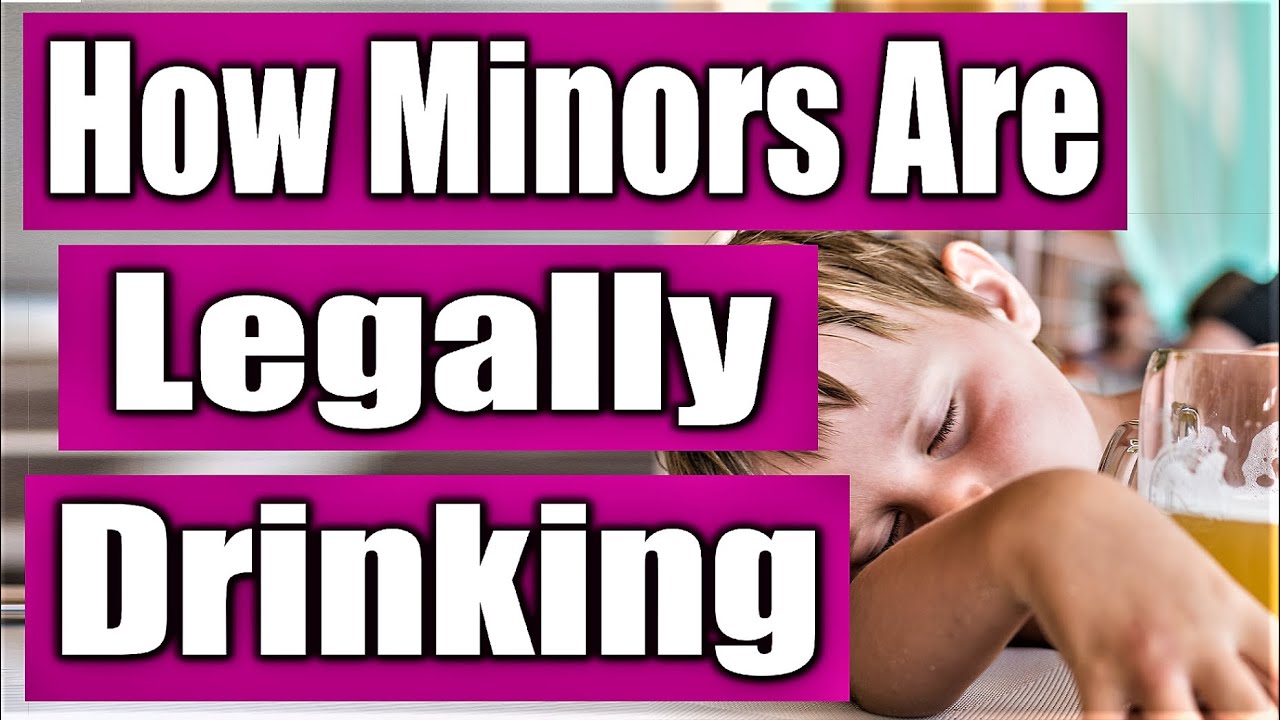Legal Drinking Age in Rhode Island
In Rhode Island, the legal drinking age is 21 years old. This means that individuals under the age of 21 are generally prohibited from purchasing, possessing, or consuming alcohol. The state law aims to prevent the potential harm and risks associated with underage drinking.
Exceptions to the Legal Drinking Age
While the legal drinking age in Rhode Island is set at 21, there are certain exceptions to this rule. These exceptions include consuming alcohol for medical purposes, religious ceremonies, and when it is part of a culinary or cooking process. However, these exceptions do not apply to minors in the presence of their parents or legal guardians.
Parental Accompaniment Laws in Rhode Island
Rhode Island does not have specific parental accompaniment laws regarding minors and alcohol consumption. In other words, being accompanied by parents or legal guardians does not grant minors permission to consume alcohol in the state.
Minors and Alcohol Consumption
In Rhode Island, it is illegal for minors to consume alcohol. Minors who are found consuming alcohol can face legal consequences, including fines and mandatory alcohol education programs. The state takes the issue of underage drinking seriously and aims to protect the well-being and safety of minors.
Rhode Island’s Stance on Parental Consent
Rhode Island does not have a parental consent provision that allows minors to consume alcohol under their parents’ supervision. In the eyes of the law, parental consent does not override the legal drinking age.
Understanding the Role of Parents in Alcohol Consumption
Parents play a crucial role in educating their children about responsible alcohol consumption. They can have open and honest conversations about the dangers and consequences of underage drinking. However, it is important to note that parental guidance or supervision does not make it legally permissible for minors to consume alcohol in Rhode Island.
Implications of Minors Consuming Alcohol
Allowing minors to consume alcohol can have serious implications for their physical health, emotional well-being, and overall development. Research has shown that underage drinking can increase the risk of alcohol dependence, impaired cognitive function, academic problems, and involvement in risky behaviors such as drunk driving.
Rhode Island’s Approach to Minors and Alcohol
Rhode Island takes a strict approach to minors and alcohol consumption. The state’s laws prioritize the protection of minors and aim to prevent the potential negative consequences associated with underage drinking. The focus is on promoting a safe and healthy environment for young individuals.
Can Minors Consume Alcohol with Parental Supervision?
No, minors cannot legally consume alcohol in Rhode Island, even when accompanied by their parents. The state does not have any provisions that allow for minors to consume alcohol under parental supervision.
Factors to Consider for Minors and Alcohol Consumption
Parents and guardians should consider several factors when discussing alcohol consumption with their children. These factors include the potential risks and consequences, the importance of making responsible choices, and the legal implications of underage drinking.
Legal Consequences of Minors Drinking Alcohol
Minors who are caught consuming alcohol in Rhode Island may face legal consequences. This can include fines, mandatory alcohol education programs, and the potential for a criminal record. Additionally, parents who knowingly allow their children to consume alcohol can also face legal consequences.
Ensuring Responsible Alcohol Consumption for Minors
It is crucial for parents and guardians to promote responsible behavior and educate their children about the dangers of alcohol. Encouraging open communication, setting clear boundaries, and being good role models can help ensure that minors make informed decisions regarding alcohol consumption and avoid the risks associated with underage drinking.





